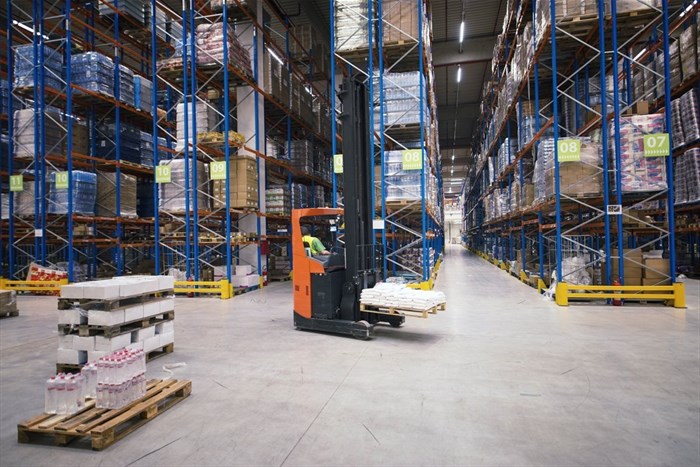
With the republic mired in an energy crisis, stagnant economic growth and high unemployment, it is often the case that companies have to safeguard their economic security before looking at ESG programmes.
On top of this, South Africa’s supply chain is notoriously dogged by transportation issues.
A South African Association of Freight Forwarders report for the week ending 19 January shows that the median border crossing times at South African borders increased by two and a half hours.
The report also notes that the country’s rail network continues to prove problematic. Throughput volumes from both iron ore and coal export lines indicate that volume is down by some 20% compared to a few years ago.
While there is little indication that this situation can be meaningfully improved anytime soon, Parannath does suggest companies can gain at least some control by implementing ESG practices internally.
An example might be to optimise routes to reduce fuel consumption which can lead to a decrease in costs and a lower carbon footprint.
"Given the right attention and focus, it is very possible for an ESG roadmap to be developed for a company. This not only helps to reduce costs and risks within an organisation but can also make it more attractive to investors," Parannath says.
She adds that companies can also meet their ESG targets by working with the right suppliers.
Given that organisations are so interconnected, especially in supply chain and logistics, it is impossible for a company to meet its ESG goals independently and without collaborative efforts from all parties.
"I believe that the best way to get support to meet your ESG objectives, as well as help suppliers along their own ESG journey, is individualised collaboration and planning with the suppliers that have the most impact on your supply chain."
"Attempting to ask all your suppliers to conform to one standard questionnaire is not going to result in meaningful impact. Rather, organisations should work with their suppliers on specific, attainable objectives, will have the most impact, and will still contribute to your overall objectives."
According to Parannath, companies generally ask for their suppliers’ ESG policies and any specific ESG initiatives they have recently undertaken.
To measure a supplier’s commitment to the environment, for example, an organisation might ask for specifics on how waste is managed. “Recycling and reducing single-use materials would be one of the easiest performance measures to look at which wouldn’t require massive investment from the supplier but would still show a commitment to the environment.”
"We need to start moving past the standard policies that are in place and look at a few KPIs with high impact and measure progression on those over a contract period."
Parannath believes companies should consider the following when seeking to meet ESG objectives through suppliers, namely:
• Stop sending standard ESG questionnaires to suppliers.
• Have a good sense of what financial investment suppliers are willing to make to improve certain aspects of ESG.
• The ESG measurements against suppliers need to align with the company’s willingness to increase rates with suppliers.
• If there is no willingness to increase costs, then ESG initiatives should be focused on areas like demand management, forecast planning and route optimisation which should lead to a more efficient use of resources.
• Set KPIs with suppliers and draw up a collaborative, realistic plan to achieve them.
• ESG measurements need to be specific and tailored to what is achievable by suppliers.